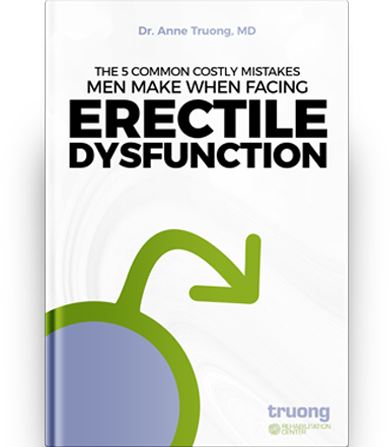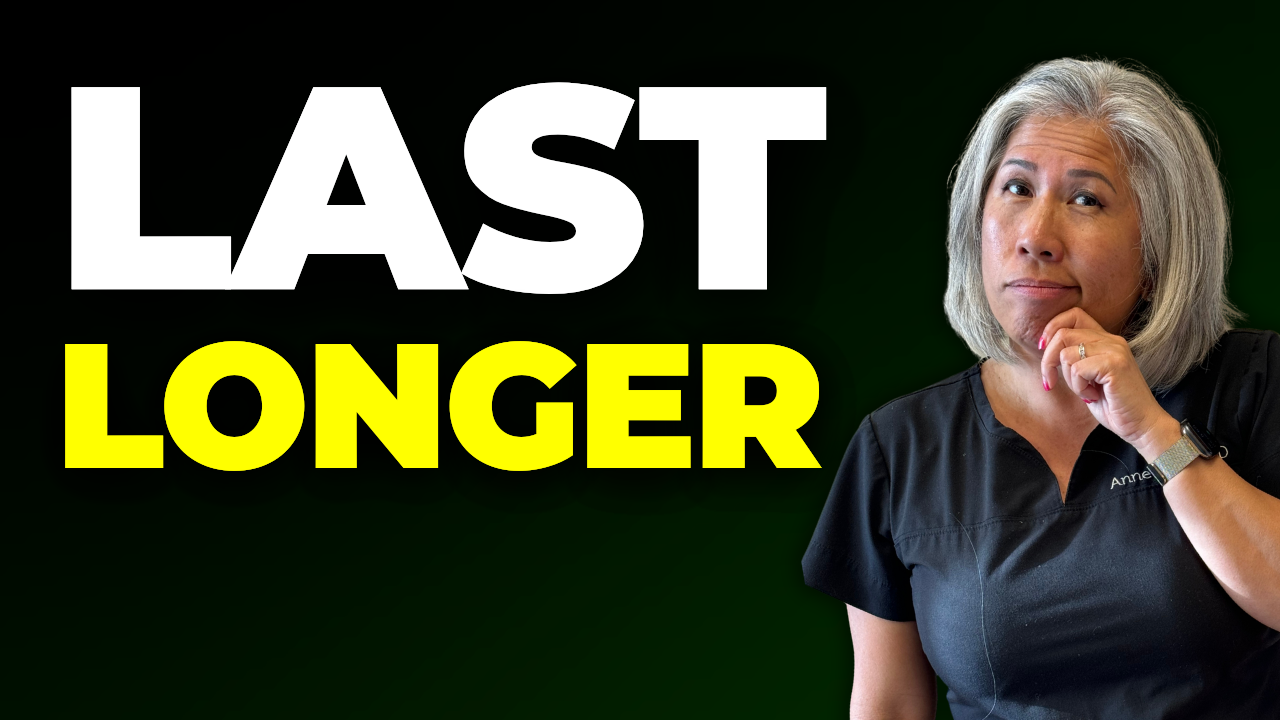Individuals living with a high body mass index, characterizing being overweight or obese, can feel hopeless. The pressure to lose weight and live healthy is everywhere. Society engrains the ideal body weight and image into every facet of life. But statistically, the odds stack heavily against people that want to lose weight. If you strike the right balance between diet and exercise, you lose weight. If you get out of balance, the diet fails. In some cases, it can prove dangerous and deadly, says WebMD. For those that do not know where to start and that feel weight loss is out of reach, a weight loss program may be the solution. However, two forms of programs exist, including a medically supervised weight loss program or an unsupervised weight loss program. To clear up the confusion, here’s a few things to consider when thinking about which program is right for you.
What Is a Medically Supervised Weight Loss Program?
Weight loss is the result of a deficit between calories consumed and those used by the body. That much is simple. For some, gradual weight loss works fine, but when weight continues to keep you from life’s enjoyment and happiness, it might be time to consider more drastic options. These options include enrolling in a medically supervised weight loss program.
Medically supervised weight loss programs rely on a physician to make expert decisions regarding what is and is not safe for your unique situation. Options might include the use of hormones for weight loss, as well as supplements and other injections that will not take a bite out of your wallet. Now, it is important to note that surgical options for weight loss, such as bariatric surgery, may be part of medically supervised weight loss programs. However, these options are expensive and can accompany serious health side effects, including hair loss, muscle loss, and much more.
Non-Medical Weight Loss Programs Focus on Low-Risk Lifestyle Choices.
Non-medical weight loss programs are the simple option that are mostly available to the public through gyms and community organizations. These programs rely solely on the two traditional factors affecting weight gain or loss—exercise and diet. Unfortunately, managing the diet can be tough, and exercise may be too strenuous for those with serious weight issues or that have previously experienced trouble sticking to them.
At the same time, unsupervised programs are risky. They rely on your personal experience, public information, and personal willpower to succeed. Weight loss is truly in your court, and it may be impossible to achieve your goals, especially if you lack a support system.
When Should a Person Consider an Unsupervised Versus Medically Supervised Weight Loss Program?
Before ever starting any exercise, regimen or making diet changes, numerous experts agree seeing a physician is essential. Changes in exercise level and diet can lead to significant health risks, such as higher risk of heart attack, stroke, or even starvation. Yes, starvation may occur in those that do not eat enough calories to maintain basic body function; drinking too little water or beverages may lead to dehydration. Unsupervised means you are on your own, relying on the training of someone that’s fit and claims to be an expert. But, did they go to medical school? Does that person have years of experience helping people lose weight safely?
What about supplements and their value to losing weight? What about meal replacements, and will the trainer actually help you learn which foods to eat and which to avoid?
These questions reflect the serious lack of education and experience in helping people lose weight without risking damage to the body. According to U.S. News, any diet where you will adhere to strict, dramatic changes should only ever occur under medical supervision. Even the more popular diets, such as the ketogenic diet or becoming a vegetarian, could have a disastrous effect on people with co-occurring health problems, such as diabetes or poor cardiovascular function.
If a person with these conditions begins a new exercise regimen and diet, the body could reach a breaking point, putting lives on the line.
So, to recap, here are the key factors that should push someone to choose a medically supervised program over a more public, non-medically supervised program:
- Existence of other health problems.
- Failure to lose weight with prior attempts.
- Uncertainty regarding dietary changes and what is best.
- Consideration of supplements or other compounds, including hormones, to maximize weight loss.
- Problems sticking to a diet due to mood changes and symptoms of low blood sugar or shock.
Take Control Over Your Weight by Joining a Weight Loss Program Now.
The facts are clear. Medically supervised weight loss programs are not just the safer option for losing weight. They are the option most likely to succeed. Find out more about how a medically supervised weight loss program can boost your health and achieve your weight loss goals by visiting Truong Rehabilitation Center online today.










